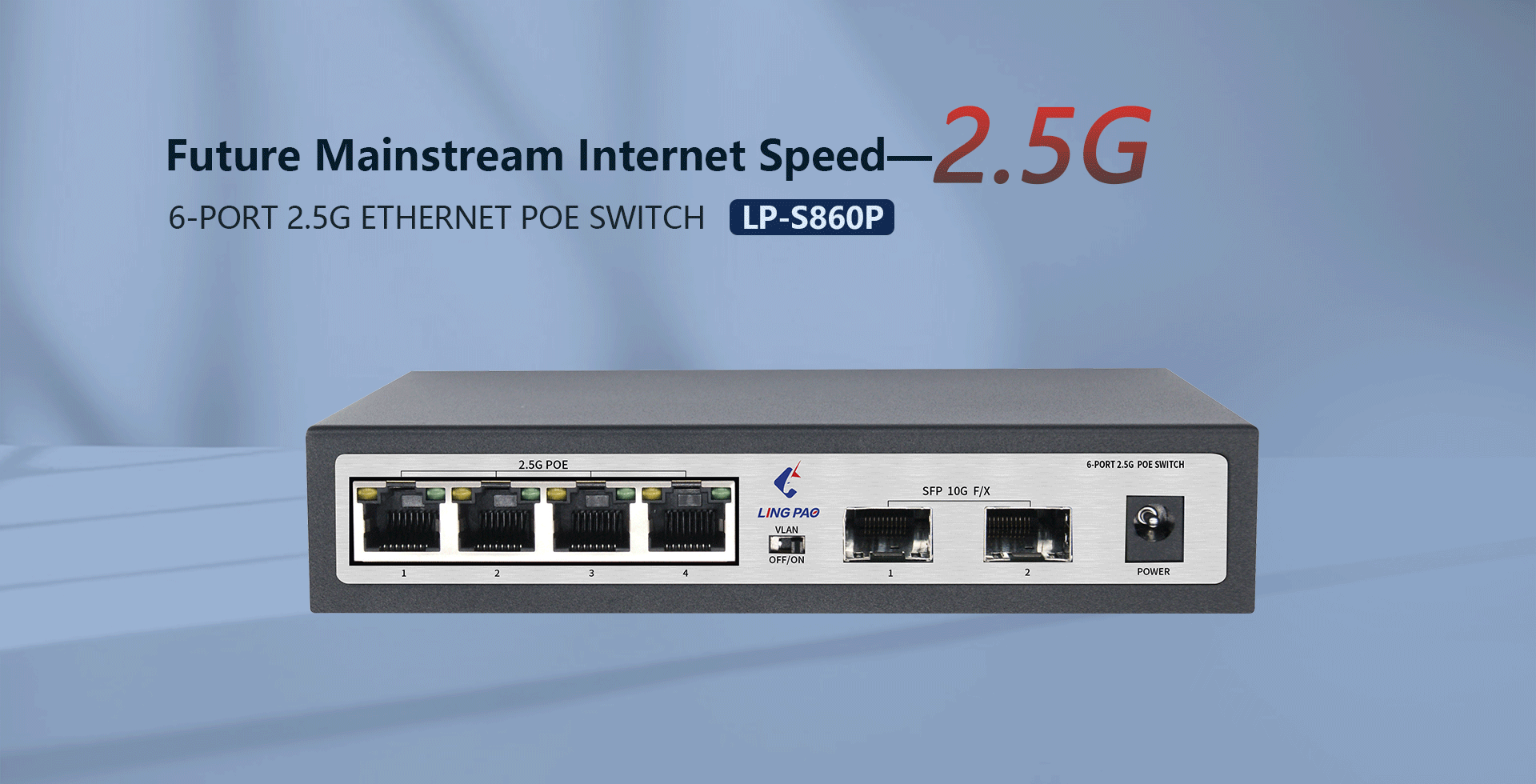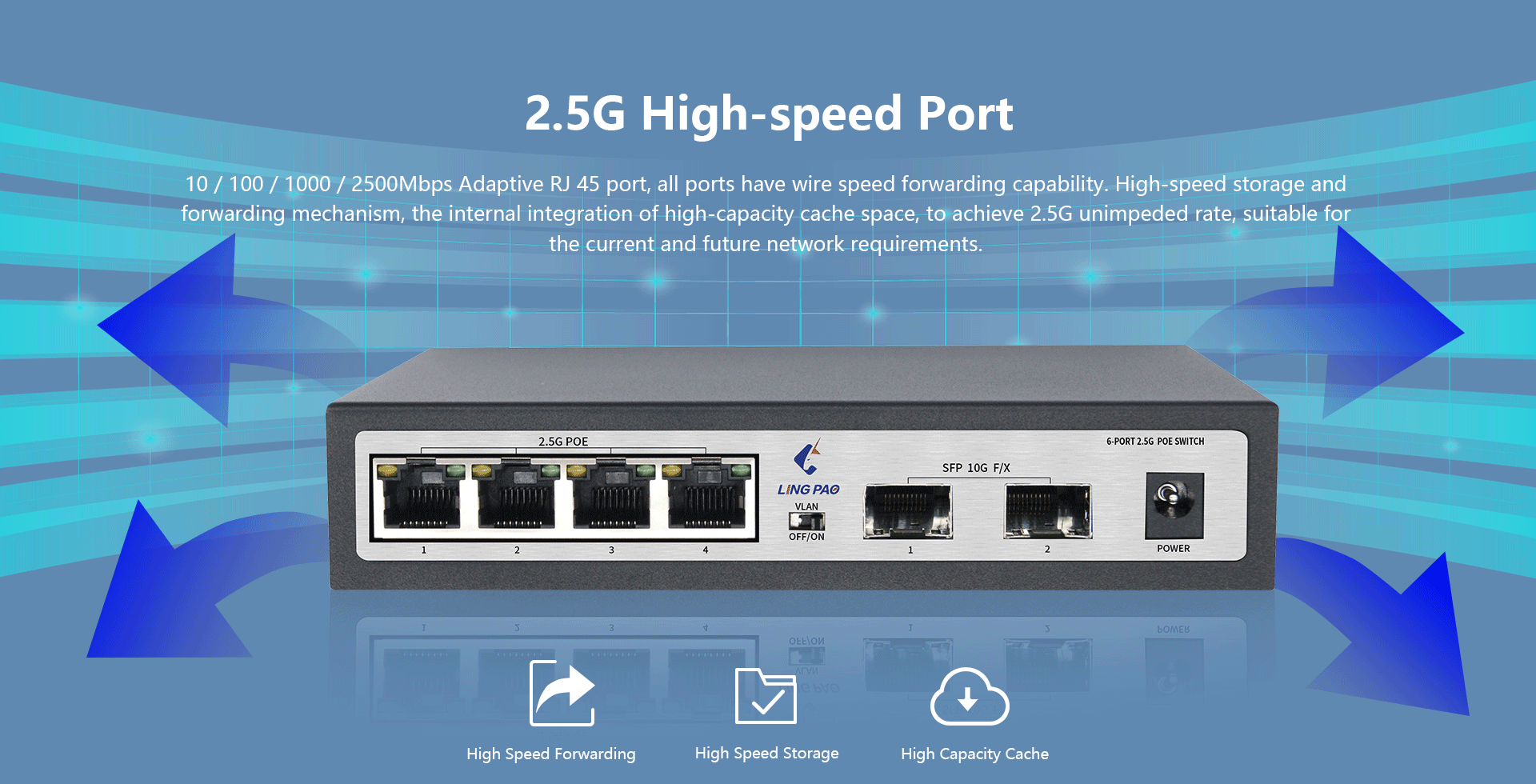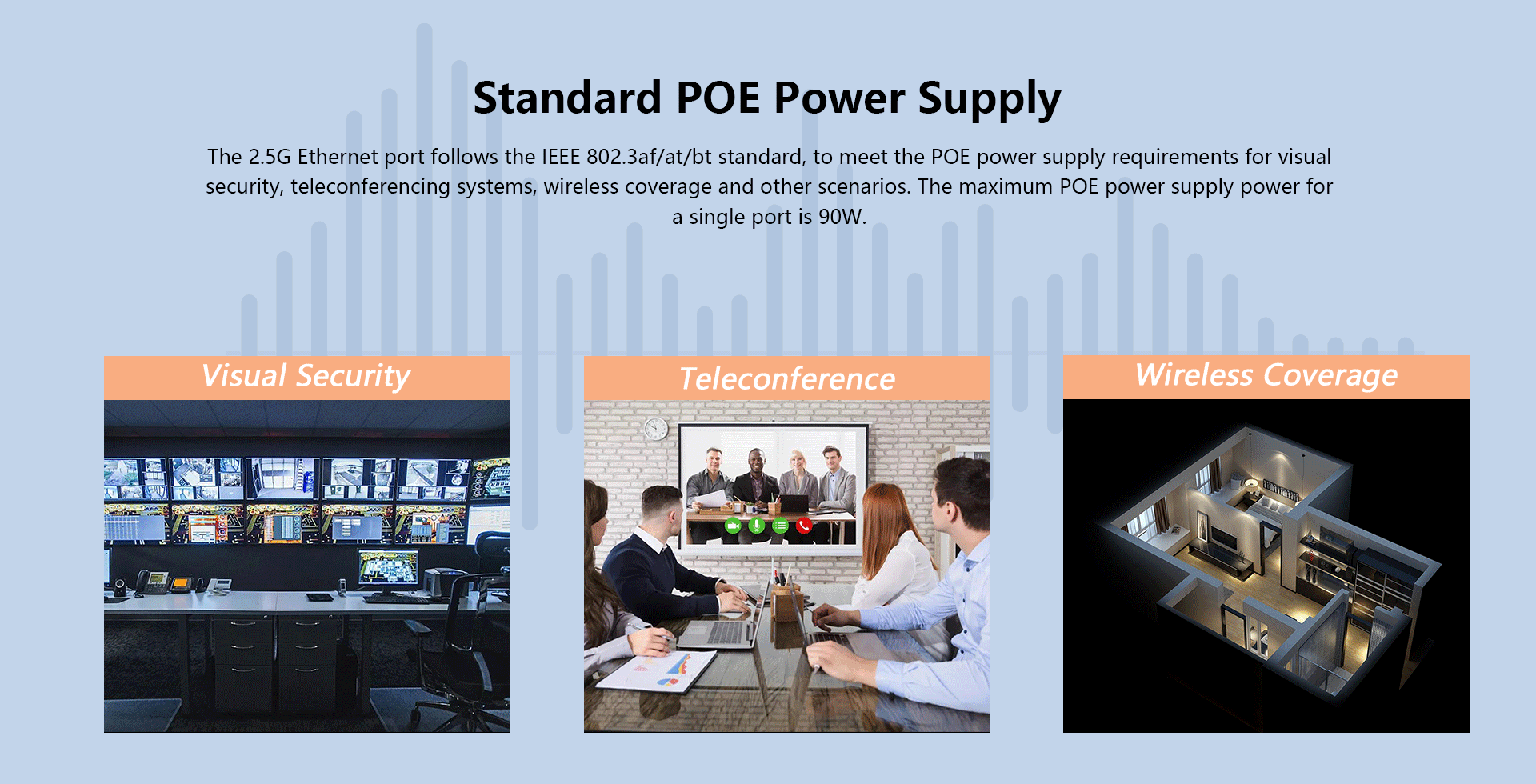why you should choose MESH ROUTER?
As technology advancements continue to shape our lives, the need for a reliable, high-speed internet connection has become more important than ever. From streaming our favorite shows to working remotely, a stable and efficient internet connection is a necessity in today’s world. However, many homes and offices struggle with weak and inconsistent Wi-Fi signals, resulting in frustrating experiences and lagging connections.
This is where mesh routers come in – a revolutionary solution to improve Wi-Fi coverage and connectivity. In this article, we will explore the reasons why you should consider choosing a roteador de malha for your home or office.
Improved Wi-Fi coverage
Traditional routers generally have a limited range and struggle to penetrate through walls and floors. This results in dead spots where Wi-Fi signals are weak or non-existent, causing frustrating connection drops and slow speeds. Mesh routers use multiple nodes, also known as access points, to provide a seamless and consistent Wi-Fi coverage throughout your home or office. These nodes work together as a unified network, ensuring that you have a strong and stable signal in every room, eliminating dead spots and providing a smooth internet experience.
Faster internet speeds
In addition to providing improved coverage, mesh routers also offer faster internet speeds. With traditional routers, the farther you move away from the source, the weaker the Wi-Fi signals become, resulting in slower speeds. With a mesh router, you can place the nodes strategically in areas where you need high-speed internet, ensuring that you get the best performance no matter where you are in your home or office.
Easy setup and management
One of the major advantages of mesh routers is their ease of setup and management. Most mesh routers come with a user-friendly mobile app, allowing you to set up and manage your network with just a few taps on your smartphone. The app provides step-by-step instructions, making it easy for anyone to set up their mesh network. Additionally, many mesh routers offer features like parental controls and device-specific settings, giving you more control over your network.
Scalability
Mesh routers are also highly scalable, making them a great option for larger homes or offices. You can easily add more nodes to your network as and when needed, ensuring that your coverage and speeds remain consistent, even as you expand your space. This makes mesh routers a cost-effective solution compared to traditional routers, where you may need to upgrade to a higher-powered model to keep up with your growing needs.
Better connectivity for smart home devices
With the rise of smart home devices such as smart speakers, thermostats, and security systems, the demand for a stable and reliable Wi-Fi connection has increased. These devices often require a steady and strong Wi-Fi signal to function properly, making the use of a mesh router essential. With its improved coverage and speeds, a mesh router can ensure that all your smart devices stay connected, providing you with a seamless and hassle-free smart home experience.
Compatibility with different devices
Another advantage of mesh routers is their compatibility with different devices and operating systems. Regardless of whether you have a PC, Mac, Android, or iOS device, a mesh router can provide Wi-Fi coverage without any issues. This makes it a versatile and convenient choice for households or offices with a mix of devices.
Cost-effective in the long run
While mesh routers may have a higher upfront cost compared to traditional routers, they are proven to be more cost-effective in the long run. This is because they provide a longer lifespan, better coverage, and faster speeds, eliminating the need to upgrade to a new router every few years. Plus, with the option to add more nodes to your network, there is no need to invest in a pricier router with a higher range.
In conclusion, mesh routers offer a wide range of benefits that make them a superior choice for those looking to improve their Wi-Fi experience. From improved coverage and faster speeds to easy setup and scalability, mesh routers are the modern solution for a seamless internet experience in any home or office. If you are tired of dealing with weak and inconsistent Wi-Fi signals, it may be time to consider choosing a mesh router for your network.

MESH ROUTER comprehensive guide.
A mesh router is a type of wireless networking system that uses multiple devices to create a single, powerful network. Unlike traditional routers that rely on a single device, mesh routers use a series of nodes that work together to provide a strong and reliable connection throughout your entire home or office.
The main advantage of mesh routers is their ability to eliminate dead zones and ensure a strong Wi-Fi signal in every corner of your space. This is because each node acts as its own hub, creating a network that oversees several access points. This allows for seamless roaming and continuous connectivity as you move from one area to another.
Mesh routers also have advanced features such as automatic band steering, which ensures that devices are connected to the optimal frequency. They also have built-in security features like WPA2 encryption, guest network access, and automatic firmware updates to ensure your network is always protected.
Setting up a mesh router is simple and easy. Most systems come with a mobile app that guides you through the installation process step by step. This makes it user-friendly for those who are not tech-savvy. Simply connect each node to a power source and follow the prompts in the app to configure your network.
Another benefit of mesh routers is their scalability. You can start with a few nodes and add more as needed, making them a great option for growing households or expanding businesses. This also makes it cost-effective since you only need to buy what you need.
In comparison to traditional routers, mesh routers can be more expensive. However, the cost is justified by the seamless connectivity and coverage they provide. Additionally, some models offer extra features such as built-in voice assistants or smart home integration.
mesh routers are an innovative and effective solution for a strong and reliable Wi-Fi connection. With their easy set-up, advanced features, and scalability, they are becoming a popular choice for homes and businesses looking to upgrade their Wi-Fi experience. Consider investing in a mesh router to enjoy smooth and uninterrupted internet connection throughout your space.
what do you need to know about MESH ROUTER?
A mesh router, also known as a whole-home Wi-Fi system, is a type of wireless networking device that is designed to improve internet coverage and speeds in larger homes or buildings. It consists of multiple nodes that work together to provide a strong and reliable Wi-Fi signal throughout the entire space.
One of the main benefits of a mesh router is its ability to eliminate dead zones, which are areas where the Wi-Fi signal is weak or non-existent. Unlike traditional routers, which have limited range and can be affected by obstacles such as walls or furniture, mesh routers use multiple nodes to create a network that can be expanded and extended, providing a seamless internet experience throughout the entire space.
Another advantage of a mesh router is its ability to handle multiple devices simultaneously. With the rise of the internet of things (IoT), households now have a variety of devices that require bandwidth, such as smart TVs, gaming consoles, and smart home devices. A mesh router can effectively manage the high demand for internet connectivity from these devices, ensuring that all of them can run smoothly without any lag or drop in speed.
Furthermore, a mesh router can also improve network performance by automatically selecting the best and most efficient route for data transmission. This is especially helpful in buildings with multiple floors or thick walls, as the nodes can communicate with each other to find the best path for the Wi-Fi signal to reach different devices.
In terms of setup, mesh routers are usually user-friendly and can be easily managed through a smartphone app. This means that even people with minimal technical knowledge can set up and maintain a mesh router system without any difficulties.
However, there are some drawbacks to consider when opting for a mesh router. The main concern is cost, as these systems are typically more expensive than traditional routers. Additionally, the placement of the nodes can also affect the performance of the network, so it is important to strategically place them throughout the space for optimal coverage.
a mesh router is a great option for those looking to improve their Wi-Fi coverage and speeds in a larger home or building. Its ability to eliminate dead zones, handle multiple devices, and improve network performance makes it a popular choice for modern households. However, it is important to consider the cost and proper placement of the nodes before investing in a mesh router system.

what is MESH ROUTER? how does it work?
Mesh routers are the latest innovation in networking technology that has been gaining popularity in recent years. They are a type of wireless router that uses multiple nodes or access points to create a seamless and robust network coverage throughout a large area. It is designed to eliminate the dead zones and provide uninterrupted internet connectivity in every corner of your home or office.
A traditional router relies on a single point of entry to broadcast the network signal, which can result in areas with weak or no coverage. However, with a mesh router, the network signal is distributed through multiple nodes, allowing for a broader coverage and stronger signal strength.
So, how does a mesh router work?
Mesh routers usually consist of a central node connected to your modem and several satellite nodes placed around the house at strategic locations. The nodes communicate with each other wirelessly, creating a mesh network, hence the name. This network allows for the individual nodes to work together, providing a consistent and robust connection throughout the entire coverage area.
One of the key advantages of mesh routers is their ability to self-organize and self-optimize the network for better performance. The nodes communicate with each other to determine the best route for data transmission, ensuring that your devices are always connected to the strongest and most efficient signal.
Another unique feature of mesh routers is their ability to support multiple devices simultaneously without any lag or drop in speed. This is especially beneficial for households or offices with numerous connected devices, as each node can handle a certain number of devices without affecting the performance of the network.
Some mesh routers also come with advanced features such as parental controls, guest network access, and device prioritization. These features allow you to have better control over your network and customize it according to your specific needs.
a mesh router is a revolutionary networking solution that offers a more reliable and seamless internet experience. It eliminates the frustration of dead zones and weak signals, providing consistent and robust coverage throughout your home or office. With its self-optimizing capabilities, ability to handle multiple devices, and advanced features, mesh routers are a game-changer in the world of wireless networking.
FAQ Guide
Let’s continue!
1.Why is mesh WiFi so expensive?
2.What is the disadvantage of mesh routers?
3.Does a mesh system replace a router?
4.What is a mesh router?
5.What is a mesh router system
6.Can I use a mesh router as a normal router?
7.Can Google mesh be used as a router?
8.How far does mesh WiFi reach?
9.How far apart should mesh nodes be?
10.Is mesh WiFi 2.4 or 5 GHz?
1.Why is mesh WiFi so expensive?
1. Advanced Technology: Mesh WiFi systems use advanced technology such as multiple access points, self-healing networks, and band steering to provide seamless coverage and high-speed internet. These technologies require expensive hardware and software components, which contribute to the overall cost of the system.
- Multiple Access Points: Unlike traditional routers, mesh WiFi systems use multiple access points to create a network of interconnected nodes. Each access point requires its own hardware and software, which adds to the cost of the system.
- Scalability: Mesh WiFi systems are designed to be scalable, meaning you can add more access points to expand the coverage area. This scalability comes at a cost, as each additional access point adds to the overall cost of the system.
- Branding and Marketing: Mesh WiFi systems are relatively new in the market, and companies spend a significant amount of money on branding and marketing to promote their products. This cost is passed on to the consumers, making the systems more expensive.
- Premium Features: Some mesh WiFi systems come with premium features such as parental controls, guest networks, and advanced security options. These features add value to the system but also contribute to its higher cost.
- Higher Demand: With the increasing popularity of smart home devices and the need for high-speed internet in every corner of the house, the demand for mesh WiFi systems has also increased. This higher demand has led to an increase in prices.
- Quality and Reliability: Mesh WiFi systems are designed to provide reliable and high-quality internet coverage throughout the house. This requires high-quality components and rigorous testing, which adds to the overall cost of the system.
2.What is the disadvantage of mesh routers?
1. Cost: Mesh routers are generally more expensive than traditional routers, making them less accessible for budget-conscious consumers.
Complex setup: Setting up a mesh network can be more complicated and time-consuming compared to a traditional router. It may require additional steps such as configuring multiple nodes and ensuring proper placement for optimal coverage.
Limited compatibility: Mesh routers may not be compatible with all devices, especially older ones that do not support the latest wireless standards.
Dependence on internet connection: Mesh routers rely heavily on a stable internet connection. If the internet goes down, the entire network may be affected.
Interference: Since mesh routers use multiple nodes to create a network, interference between nodes can occur, leading to slower speeds and connectivity issues.
Limited range: While mesh routers offer better coverage compared to traditional routers, they still have limitations in terms of range. Large homes or buildings may require additional nodes to ensure complete coverage.
Security concerns: With multiple nodes and devices connected to the network, there is a higher risk of security breaches and hacking attempts.
Maintenance: Mesh networks require regular maintenance and updates to ensure optimal performance, which can be time-consuming and tedious for some users.
3.Does a mesh system replace a router?
Yes, a mesh system can replace a traditional router. A mesh system consists of multiple nodes that work together to create a single, seamless Wi-Fi network. This eliminates the need for a separate router and extends the coverage and performance of the network. However, some mesh systems may still require a separate modem to connect to the internet.

4.What is a mesh router?
A mesh router is a type of wireless networking device that uses multiple nodes or access points to create a single, seamless Wi-Fi network. These nodes are strategically placed throughout a home or building to provide strong and consistent Wi-Fi coverage in every room. The nodes communicate with each other to create a mesh network, allowing devices to seamlessly connect to the strongest and closest node for optimal performance. This type of router is often used in larger homes or buildings where traditional routers may not provide adequate coverage.
5.What is a mesh router system
A mesh router system is a type of wireless networking system that uses multiple routers to create a single, seamless network. Unlike traditional routers, which rely on a single router to cover a large area, mesh routers use multiple access points placed throughout a home or building to provide a stronger and more reliable Wi-Fi signal. These access points communicate with each other to create a mesh network, allowing devices to seamlessly connect to the strongest signal without any interruption or drop in connection. This type of system is ideal for larger homes or buildings with multiple floors, as it eliminates dead zones and provides consistent coverage throughout the entire space.
6.Can I use a mesh router as a normal router?
Yes, you can use a mesh router as a normal router. Mesh routers are designed to provide a more reliable and seamless Wi-Fi coverage throughout your home or office by using multiple access points. However, they can also function as a traditional router, providing internet access and network management capabilities. You can connect your devices to the mesh router’s network and use it as you would a regular router.
7.Can Google mesh be used as a router?
Yes, Google mesh can be used as a router. Google mesh is a type of mesh Wi-Fi system that uses multiple access points to create a single, seamless Wi-Fi network. These access points can be connected to a modem or router to provide internet access to devices in your home. Additionally, Google mesh systems often have advanced router features such as parental controls, device prioritization, and network security.

8.How far does mesh WiFi reach?
The range of a mesh WiFi system can vary depending on the number of nodes (access points) and the environment it is being used in. Generally, each node can cover a range of 1,500 to 2,500 square feet, but this can be affected by walls, interference, and other factors. In ideal conditions, a mesh WiFi system can reach up to 5,000 square feet.
9.How far apart should mesh nodes be?
The distance between mesh nodes can vary depending on the specific network setup and environment. In general, mesh nodes should be placed close enough to each other to maintain a strong and stable connection, but far enough apart to avoid interference and ensure adequate coverage. A good rule of thumb is to place mesh nodes within 30-50 feet of each other, but this can vary depending on factors such as building materials, obstructions, and the strength of the wireless signal. It is recommended to test and adjust the placement of mesh nodes to find the optimal distance for your specific network.
10.Is mesh WiFi 2.4 or 5 GHz?
Mesh WiFi systems can operate on both 2.4 GHz and 5 GHz frequencies. Some systems may use one frequency exclusively, while others may use both simultaneously to provide a better overall network experience. The specific frequency used will depend on the capabilities of the devices connected to the network and the settings configured by the user.
